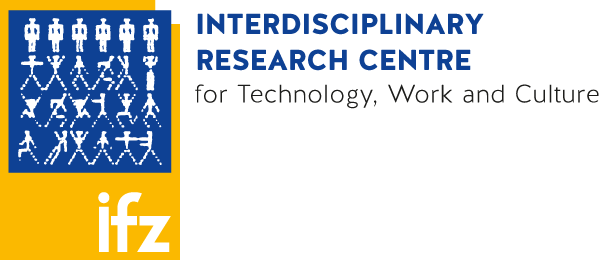Gender, Science and Technology
The traditional focus of this research topic was "Gender in science and research". There we have dealt with issues of gender equality in science and technology universities and companies for many years. Numerous publications and events culminated in recommendations to political actors, as well as equal opportunities measures for technology organizations and universities.
In recent years, weve expanded our focus. On the one hand, we've included intersectional mechanisms in our gender analyzes, and on the other hand, we increasingly examine overall relationships in science and research. See all our research projects with a gender focus here.
For more information, please contact Anita Thaler.
Research Topic
